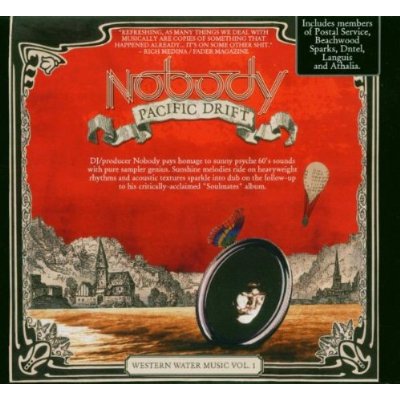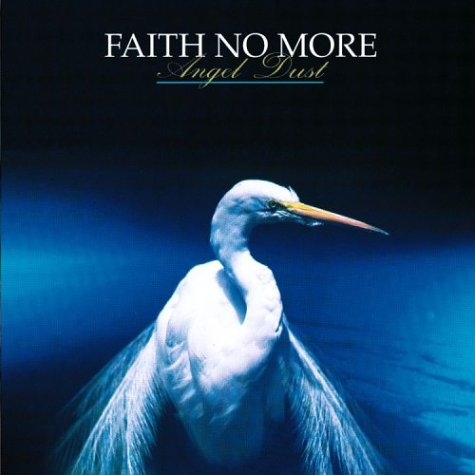
Michael Anania's poetry has long dazzled by its precise observation, its careful, thoughtful diction, its masterful modulation of thought and attention. In the immediate landscape, Anania's keen eye sees a palimpsest of history, a layered and teeming cinema of spectral presences as alive as our selves; in the immediate moment, he reads the motions of memory, personal and ancestral. The rich and various poems of In Time are a showcase for the verbal music that has always animated Anania's lines: a music formal and somber, as in the elegies punctuating the collection, or its run of poems responding to the dark days of pandemic isolation and national and international unrest; a music as warm and lyrical as Stan Getz's saxophone sound, as complex and aggressive as that of Pharoah Sanders; a music playful and paradoxical, in the spiky Weimar-cum-blues measures of Anania's adaptation of Gay's The Beggar's Opera and Weill's Threepenny Opera. Reading In Time, following the harmonic modulations, the varied and complex time signatures of Anania's poems, we ride "the torque of one moment / giving way to another," we find ourselves, delighted and astonished,"lifting the familiar / out of the strange."
-Mark Scroggins
To read the work of Michael Anania is to feel as though you are in many places at once-the Missouri River, the South Loop, Chicago, dairy barns and road houses, inside a Brubeck tune, Tuscany and Calabria, a solitary moment of domestic space...an attention to place and time, the interstices and liminal spaces where thought and sensory experience meet.
-Lea Graham







